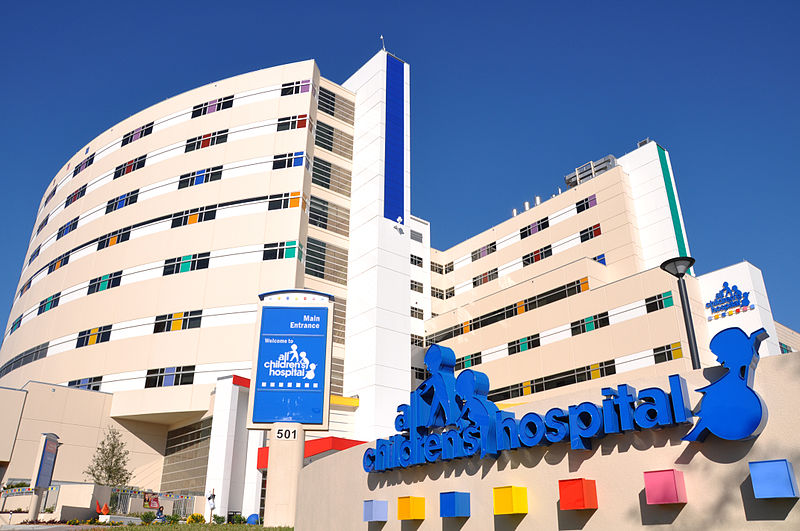
Journey Into Medicine
News & Politics January 4, 2015By Edgar Arellano
It’s a bit past 1:00 pm on Thursday afternoon. The General Pediatrics Continuity Clinic is booming with commotion. There are strollers lined up outside exam rooms. Nervous first time parents are laying their shrieking newborn babies on the scale to get weighed. Medical assistants hurriedly bring back patients to get them ready to be seen by the doctors.
For many people in the United States, the month of July is reminiscent of backyard barbeques, freshly trimmed lawns, rain showers and rays of sunshine that abound across the nation. For others, July is evocative of excitement, nervousness, and some anxiety. Those are the feelings identified by first year medical residents. July 1st is when hospitals across the nation welcome their newest class of medical residents. After four years of intense study and clinical rotations, the medical students are ready to begin applying everything they have learned in theory to the real world.
The years they spend as physicians in training is known as residency. A residency lasts anywhere from three to ten years depending on the specialty chosen. Residency is characterized by invaluable learning experiences and learning the art of medicine. The new doctors cease to be to be timid medical students. Now they are the doctors that must learn leadership, give orders, and make the best healthcare decisions for their patients. In other words, they are now the ones calling the shots, no pun intended.
Here in the Tampa Bay area, we are fortunate to have a group of 12 dynamic residents that are undergoing training at All Children’s Hospital in St. Petersburg. These 12 new doctors form part of the inaugural class of medical residents that All Children’s Hospital – John’s Hopkins Medicine welcomes. They will spend the next three years at All Children’s Hospital learning to become general pediatricians.
In this group of residents is Dr. Nicholas Jabre. He is a native of Cincinnati, Ohio, a “Midwesterner at heart” as he likes to call it. He graduated from Xavier University with a bachelor’s degree in natural science. He also holds a masters degree in biology from Purdue University in Indiana. Both degrees prepared him for his career in medicine. His penchant for the sciences and helping people ignited his drive to become a doctor. “I’ve always liked science, the solar system, planets and outer space. In high school I loved biology. I wanted to help people and I felt medicine was the field to do it in,” says Dr. Jabre.
His predilection for pediatrics came from his days as a volunteer at the children’s hospital while in medical school. “By treating one patient, you’re helping a whole family,” he states. Ideally doctors go to medical school to learn how to heal and make patients better. Sometimes disease processes are vile and leave doctors powerless. This is something Dr. Jabre had trouble grasping while on his pediatric intensive care unit rotation or PICU, as it is most commonly referred to. Throughout this rotation there were instances of feeling “hopeless [when] seeing the traumatic injuries or having a child declared brain dead in front of you,” Dr. Jabre recalls. What amplifies this feeling of hopelessness is knowing that “this 2 or 4 year child is going to die and they did nothing to deserve it.” Unfortunately, experiences such as these are included in the training of doctors.
Five months into residency Dr. Jabre has begun to see a steady stream of patients that he follows. He recalls an instance where he saw a patient and the mother called back for follow up updates and results. This conversation with the mother put matters into perspective for Dr. Jabre. “It’s rewarding to know you are making a difference and that these moms trust you with their kids’ health.” With this responsibility in mind, Dr. Jabre says, “I must work hard and do the right thing because I want the best outcome for the kid.”
“For me, I can’t imagine myself doing anything else,” Dr. Jabre says with pride. “When I put on the long white coat, I realize what an incredible privilege it is for people to open up to you and tell you things that otherwise they wouldn’t tell anyone else to make them better.” If you are thinking of pursing medicine but are discouraged for whichever reason, Dr. Jabre states, “It’s important to remember not to give up. Persistence and hard work can overcome many things.”





